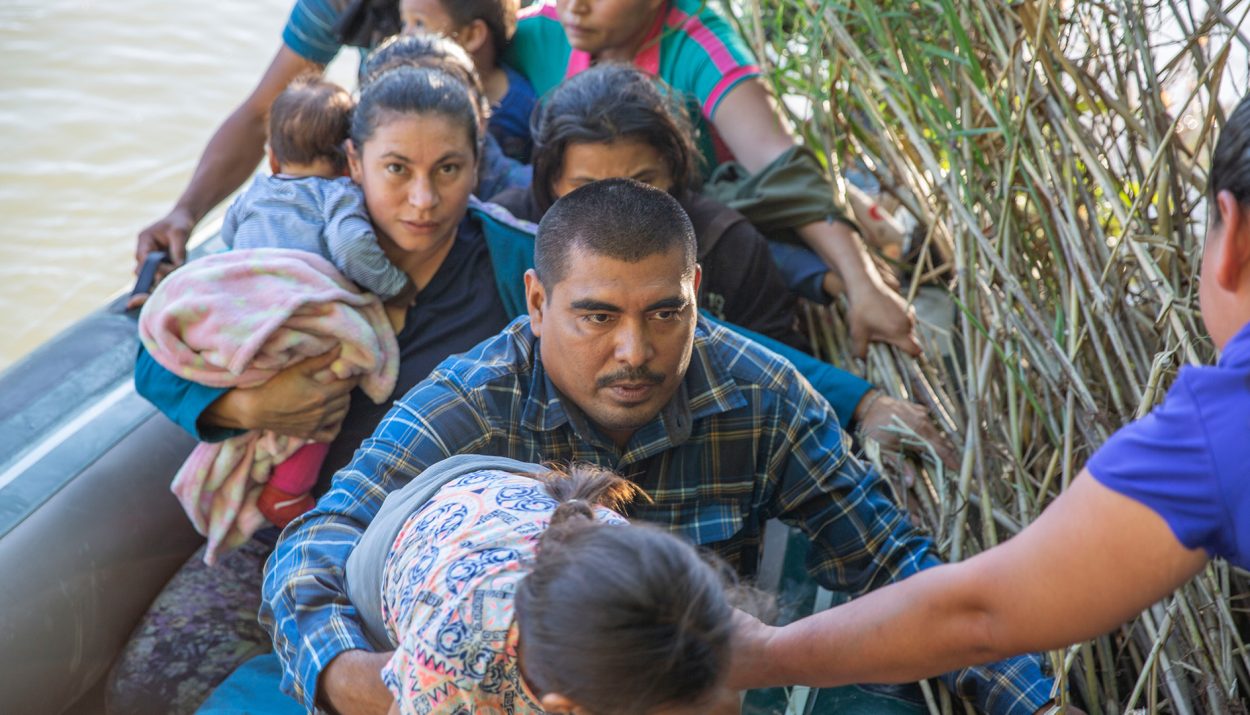California has been one of two major states that have shared center stage for prominence in the immigration conversation. Texas is the other, and both have made immigration headlines for various reasons, a fact that doesn’t look like it’s changing anytime soon.
Illegal Immigration on the Rise
The illegal immigration crisis in the United States has grown significantly in the last several years, and California has been particularly impacted. For three consecutive years, California’s illegal migrant numbers have risen from 260,000 in 2021 to 450,000 in 2023, according to data from Customs and Border Protection.
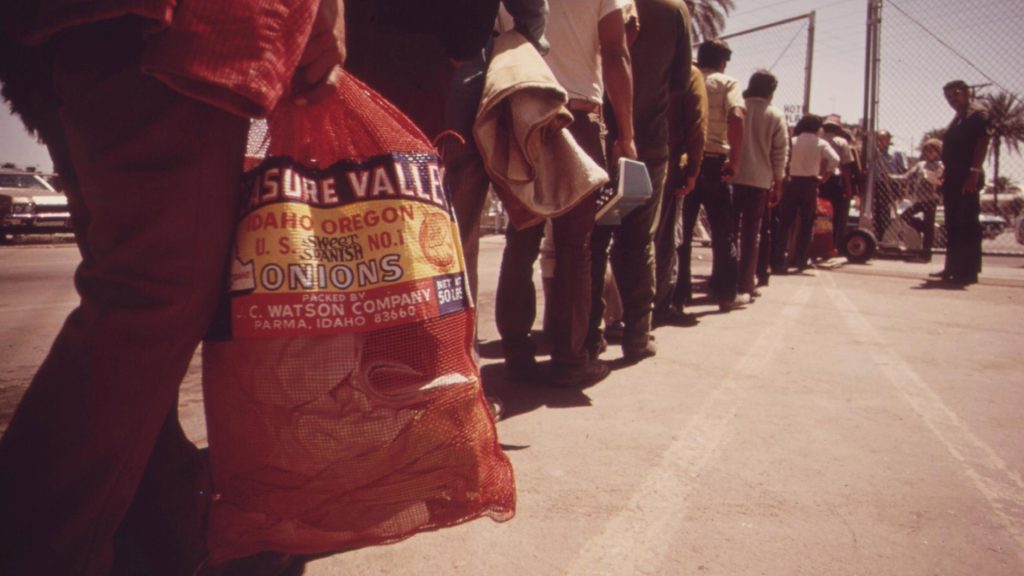
It has compounded issues that many say that California has been struggling with for years. The homelessness and cost of living crises have been significantly impacted and increased in the Golden State over the last several years, and many anti-immigration advocates have pointed to the increase of illegal migrants as at least one of the causal reasons.
California Has Been Particularly Burdened
While there’s not necessarily evidence that the two issues are connected, it cannot be denied that many different systems in California are being burdened by the dramatic increase in migration from the southern border. Public healthcare infrastructure and shelters have quickly become overwhelmed by the new amount of people they are being required to serve.
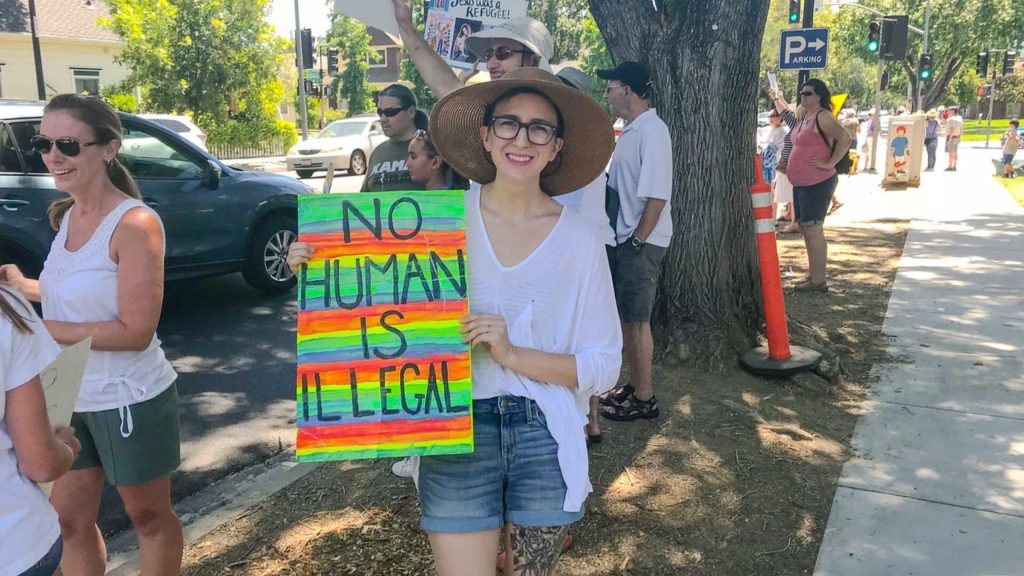
Additionally, California’s already high taxes have been proposed to be increased across various sectors. This is not to address the migrant problem specifically, but rather to help accommodate for many public programs that California funds, but additional revenue would also help to relieve some of the burden that has been created by the migrant crisis.
Generally Positive Attitudes Towards Migrants
Despite some of the struggles that migrants have caused for public systems in the state of California, in general, attitudes towards them have been relatively positive. In general, many people who live in California see caring for migrants as a continuation of an American tradition, in a country that was primarily built on immigration.
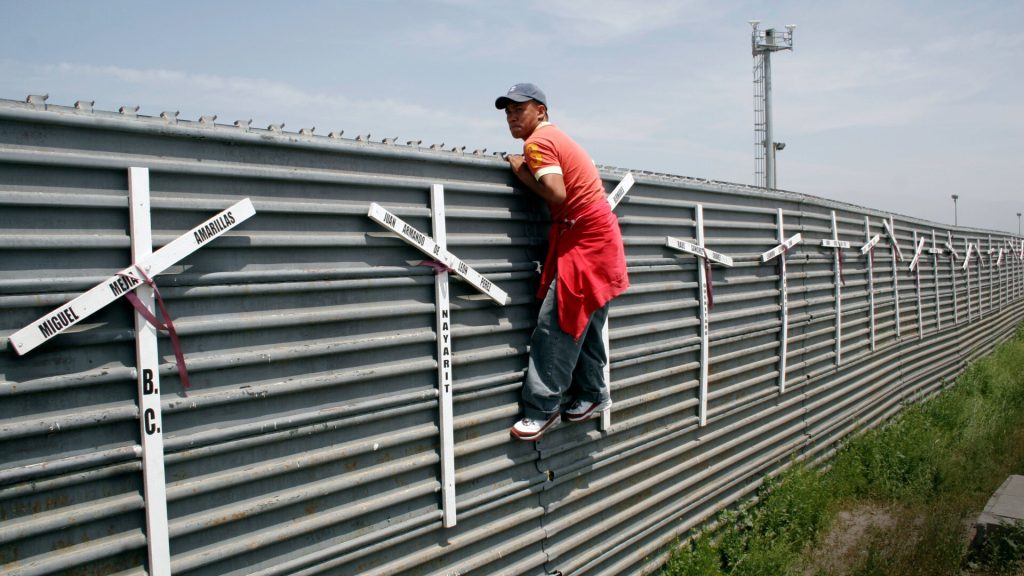
Of course, this attitude falls starkly along party lines politically, as well as generational lines ideologically. Older Americans have a generally less positive attitude towards migrants, legal or otherwise, and that opinion is particularly compounded when those older Americans identify as moderately or deeply conservative.
Change on the Wind?
While Millennials and Gen Z-er’s might have generally positive attitudes towards immigration, that attitude may be changing. A recent poll released in the state shows a slowly changing perspective from younger generations on the benefits of bringing more migrants into the state.
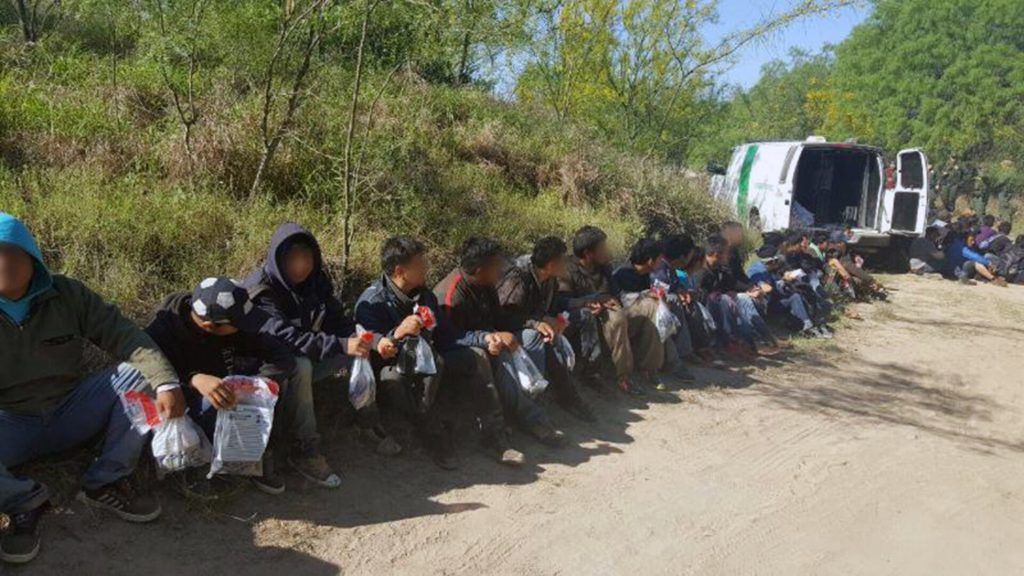
California is unique in the immigration conversation, not only due to the fact that the state has the highest population of illegal migrants living within its borders. It also has the highest percentage of migrants who have children, and legal residents of California find themselves particularly financially burdened when it comes to footing the bill for migrants and their children.
Other States’ Messaging Doesn’t Help
This is, in part, due to other states pushing migrants towards California as a “sanctuary” state. Governor Greg Abbott of California has been particularly insistent on this matter, telling illegal migrants to divert from Texas and instead go to California, New Mexico, and Arizona due to their “gaping openings.”
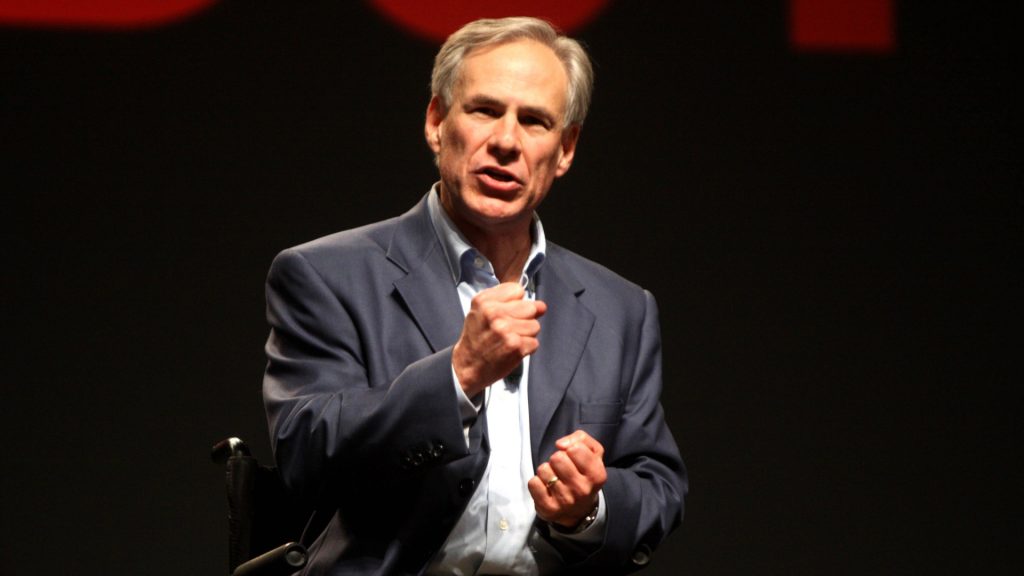
It’s not true that California or any of the other states have any more availability to take on illegal migrants than Texas does, but the messaging has been successful. California’s illegal migrant issue has surged, and even younger generations are taking notice and having to make difficult decisions regarding their opinions about these people.
Younger Californian’s Shifting Attitudes
The new poll showed that as of this year, approximately 67% of those aged 18-34 considered migrants a benefit to California due to their work skills and their addition to the labor pool, down from 80% of the same demographic last June.
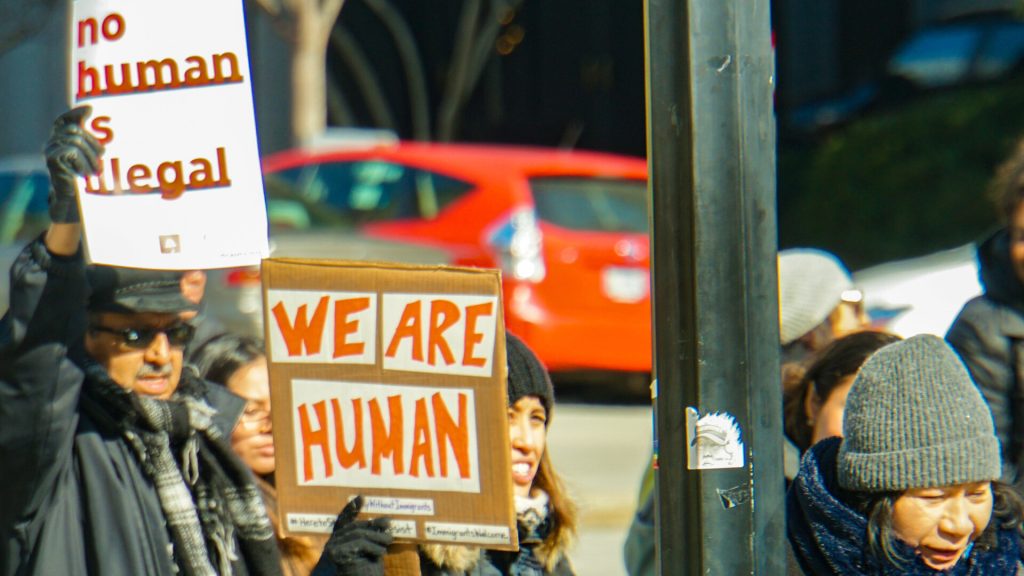
Additionally, approximately 32% of that same group said that immigrants were an active burden to the state due to the fact that they use public services available to Californians. This is up from merely 19% last June, a fairly stunning shift in attitude for the relatively liberal state.
Older Californians…Not So Much
Older Californians also saw a small shift in attitude regarding migrants, though the shift was not nearly as drastic as it was for Gen Z and Millennials. Those aged 35-54 saw a shift in positivity from 70% to 65%, and those aged 55+ shifted from 52% to 51% in positivity.

Mark Baldassare, survey director at the PPIC, stated that the results have shifted among younger generations for two primary reasons: immigration is being viewed as a more serious problem as time goes on, as well as a more political problem. People are taking stances, and taking sides.
Partisan Divide on Immigration
“The topic is now viewed by many people as a crisis, and that’s raised different kinds of concerns than what we’ve seen in the past,” Badassare said. “There’s also partisan disagreement on the topic in Washington D.C. That’s reflected in the trends that we see among Republicans and Democrats in all age groups.”
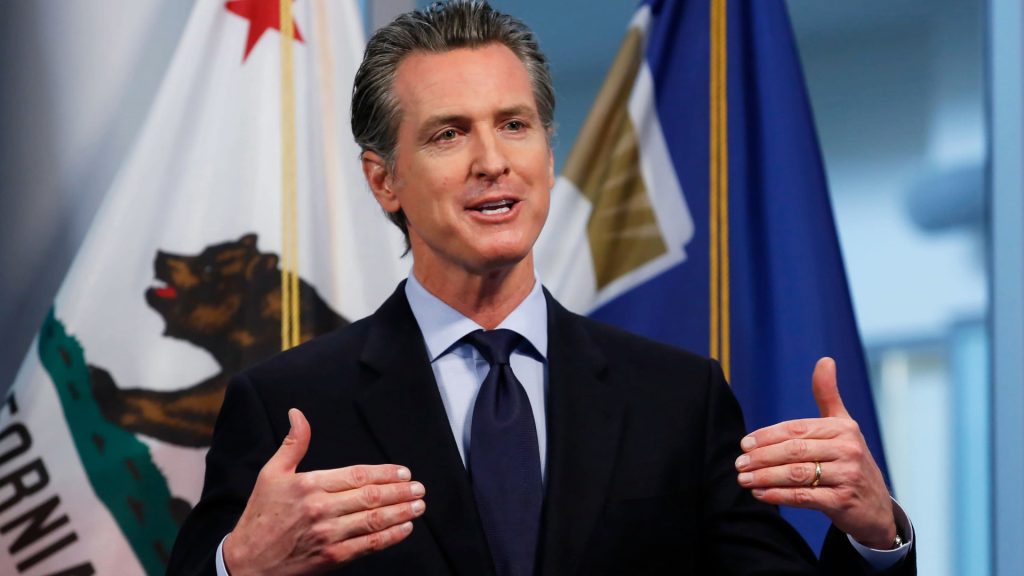
According to the PPIC, though, the issue of immigration in California is viewed as, primarily, a partisan issue rather than a vital electoral issue. Other issues such as jobs, the economy, inflation, and homelessness have been ranked higher as issues to be addressed in the state ahead of the election this year, with immigration being viewed as significantly important by just 10% of survey participants.
An Important Issue Going Forward
The impact of the immigration crisis on California cannot be denied, and it seems that younger Americans are finally starting to notice. Messaging is important from politicians on both sides, though opinions on ways to handle the crisis are notably different.
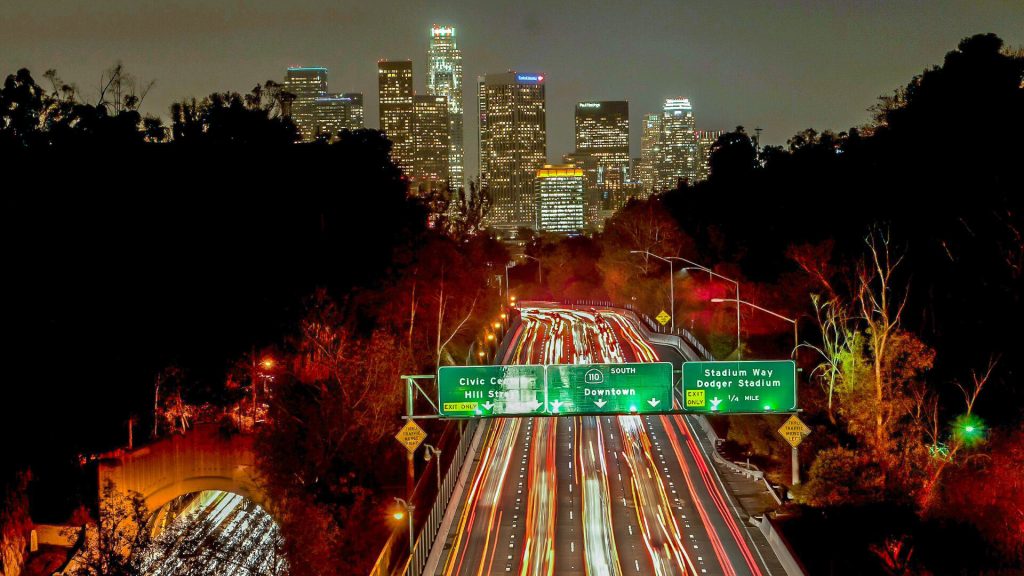
Unfortunately, the immigration crisis doesn’t appear to be one that will be going away anytime soon. Despite what Governor Greg Abbot has said, the border is a federal issue that needs to be addressed in Washington, and as of this writing, it doesn’t appear that there is any political will to make the necessary changes that need to be done in order to make a significant adjustment to the crisis at the border.

